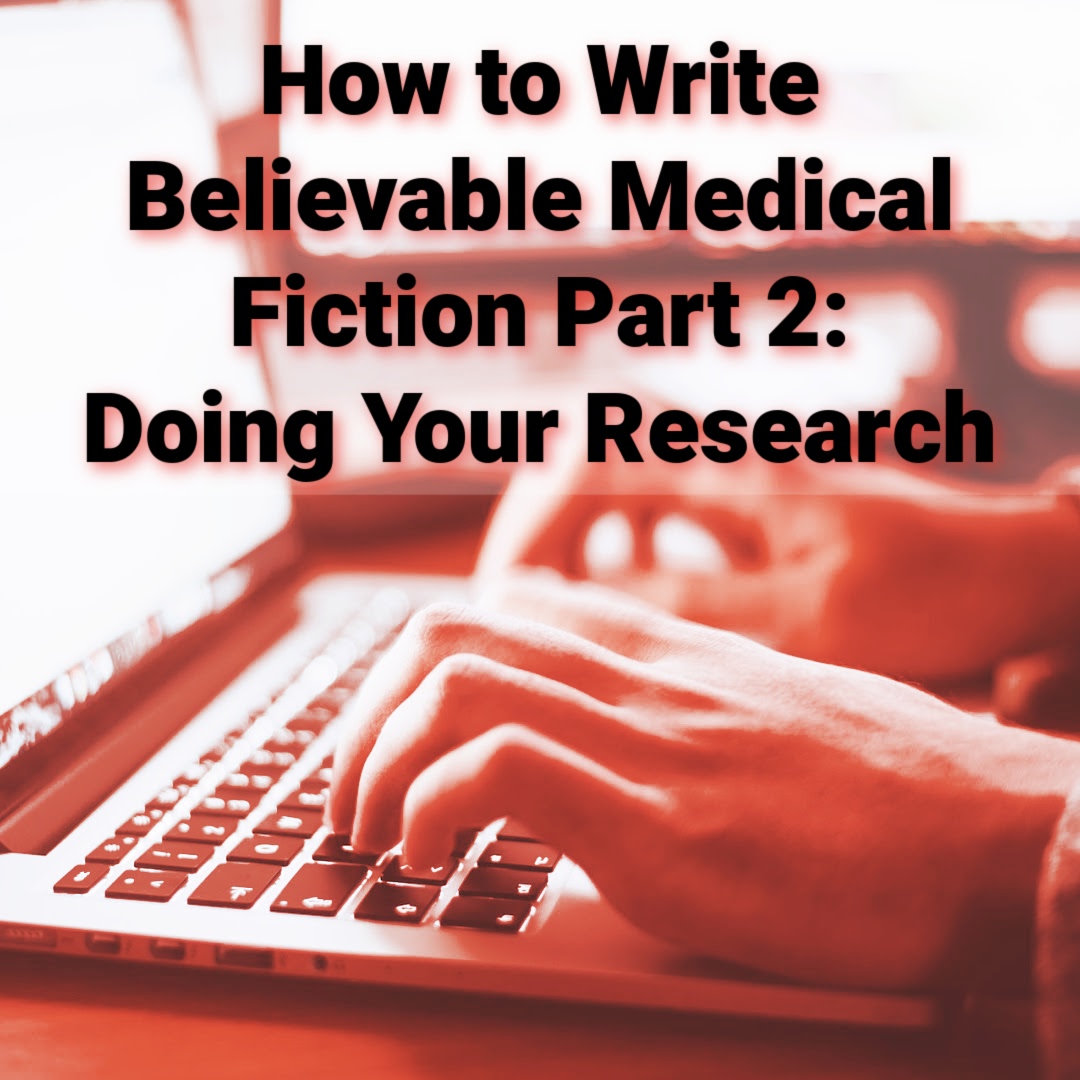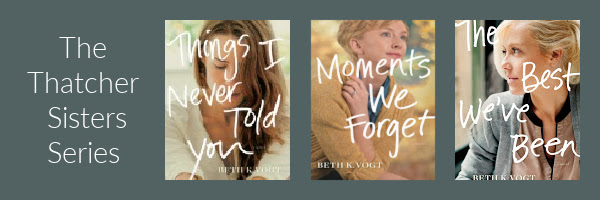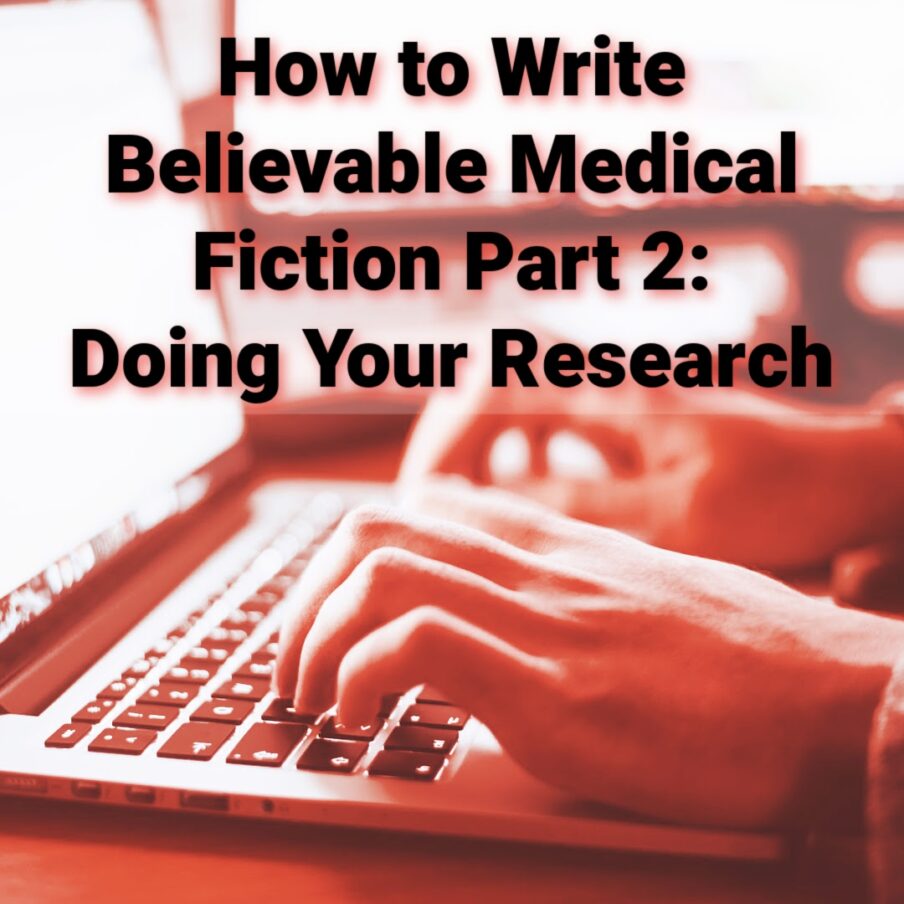
As authors, we want to write from our experience. Write what we know.
This can be tricky when we add a medical thread to our stories. Even if we have personal experiences with health issues or medical trauma, we need to do thorough research so that what we write is both believable and accurate.
The doctor is now in.
My wife Beth takes a symptom, any symptom, say a headache, and thinks cancer. (She’s typing this blog post, not me.)
As a physician with 36 years of medical experience, I can think of a myriad of other, more likely causes besides cancer for a headache.
If you google “causes of headache,” the first link that is not an ad is WebMD, which states there are 150 types of headaches.
Let’s say the main character of your novel has a headache. Before delving into all the different medical reasons your fictional character could have a headache, you need to know if WebMD is a reliable medical source.
I’ve seen both patients and writers utilize medical resources I’ve never heard of – and neither have my colleagues. And when I’ve done a minimal bit of research, I’ve discovered many of these “medical sites” are no more than a blog written by someone with no medical background or a loosely veiled advertisement for a product someone is selling to the public.
Questions to ponder: Would you take novel writing advice from someone whose only writing experience is passing a high school English class? Or would you have brain surgery performed by someone who learned it via YouTube videos?

If you’re weaving a medical thread into your novel, where can you find reliable medical information?
- Talk to a medical professional with experience in the area you are writing about. Not only will they have practical, hands-on knowledge, but they can provide additional resources for you.
- Get recommendations of reliable medical websites, such as:
- FamilyDoctor.org – award-winning medical advice featuring physician-reviewed patient education materials from the American Academy of Family Physicians
- WebMD.com – credible information, supportive communities, and in-depth reference material about health subjects
- NCCN.org – For cancer conditions, utilize National Comprehensive Cancer Network, which is a not-for-profit alliance for 31 leading cancer centers devoted to patient care, research, and education. They have numerous educational materials written specifically for patients.
- MayoClinic.org/diseases-conditions or HopkinsMedicine.org/health/conditions-and-diseases – These two internationally known health systems are examples of how you can utilize trusted local or regional resources. There are others, such as Duke University, the Cleveland Clinic, etc.
- Medical Specialty Societies – Think of organizations like the American Academy of Orthopaedic Surgeons, American Academy of Pediatrics, the American College of Surgeons, etc., which also provide educational materials about different conditions and treatments.
The Thatcher Sisters Series

The Thatcher Sisters Series, published by Tyndale House, is a three-book “Little Women gone wrong” women’s fiction collection. Examining the complicated relationships between sisters, the series includes Things I Never Told You, which won the AWSA 2019 Contemporary Novel of the Year, Moments We Forget, and The Best We’ve Been, a 2021 Selah finalist.

Beth K. Vogt is a non-fiction author and editor who said she’d never write fiction. She’s the wife of an Air Force family physician (now in solo practice) who said she’d never marry a doctor—or anyone in the military. She’s a mom of four who said she’d never have kids. Now Beth believes God’s best often waits behind the doors marked “Never.”
Beth is a 2016 Christy Award winner, a 2016 ACFW Carol Award winner, and a 2015 RITA® finalist. Her 2014 novel, Somebody Like You, was one of Publisher’s Weekly’s Best Books of 2014. A November Bride was part of the Year of Wedding Series by Zondervan. Having authored 10 contemporary romance novels or novellas, Beth believes there’s more to happily-ever-after than the fairy tales tell us.
An established magazine writer and former editor of the leadership magazine for MOPS International, Beth blogs for Learn How to Write a Novel and The Write Conversation and also enjoys speaking to writers group and mentoring other writers. She lives in Colorado with her husband Rob, who has adjusted to discussing the lives of imaginary people. Connect with Beth at bethvogt.com.
